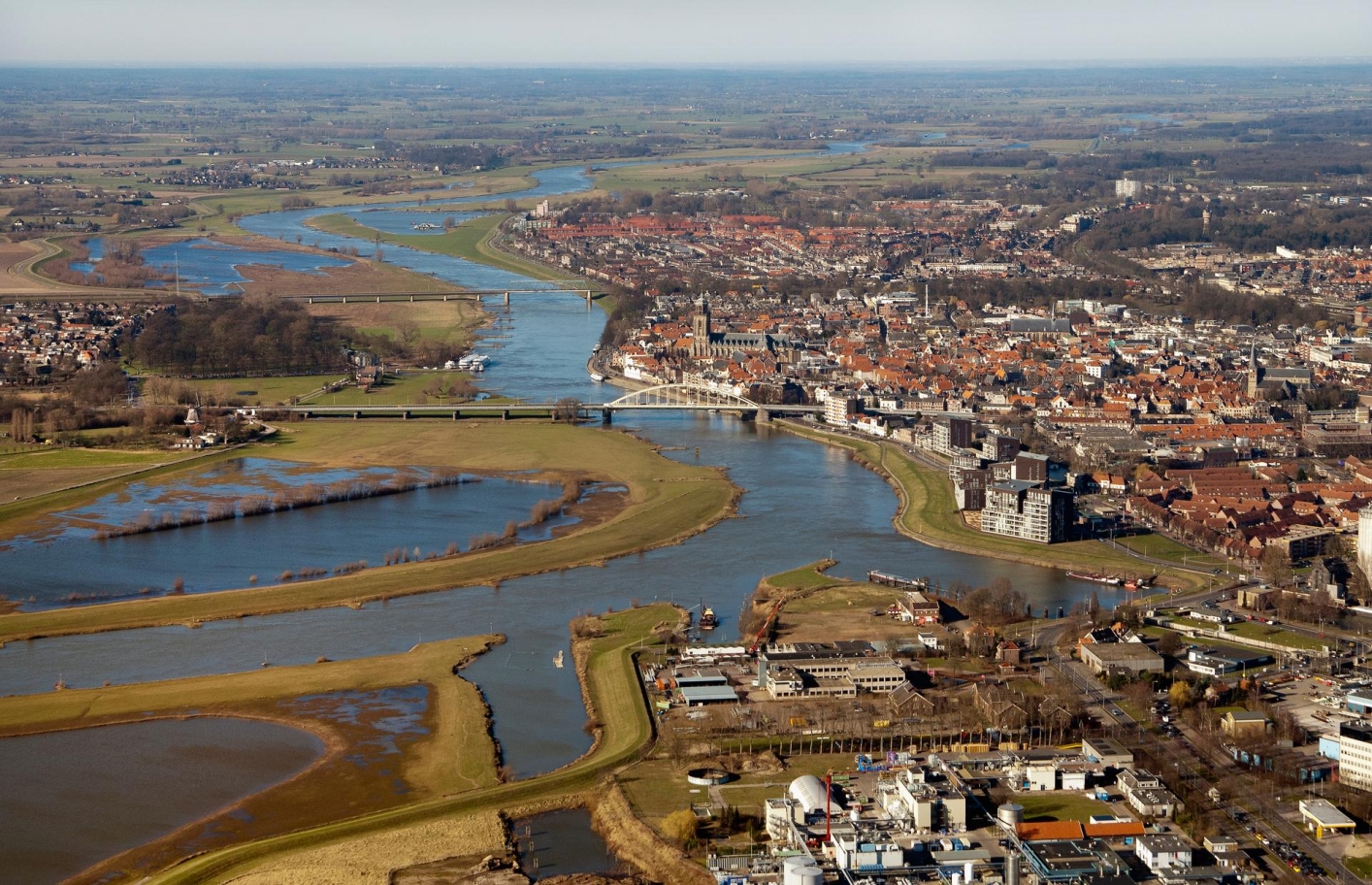
Background and request for advice
There is an increasing impression that environment and planning policy is being “juridified”. There are numerous lawsuits these days about the quality of our living environment. Citizens and interest groups seem to be increasingly appealing to the courts to protect values such as health, nature, climate and environment, while companies are asking the courts for more environmental scope for continuing their activities.
What makes parties take a matter to court? What societal developments play a role in this? Is there, for example, an increase in rule-making involving a greater amount of legal content and detail, a greater significance of human rights, a shift between fields of the law (from administrative to civil), or a broader impact or scope of court rulings?
As part of the advisory process, the Council is analysing the reasons underlying this increasing recourse to the courts. Is it due, for instance, to policy shortcomings (in the development, implementation, and/or enforcement of policy)? Perhaps the current transitions mean that we have entered a new phase in which there is more government control? Or does the individualisation of society make us increasingly ready to stand up for our own interests?
Another important component of the advisory report comprises analysis of the developments that are to be expected as a result of juridification in physical environment policy. What new problems can such juridification create in physical environment policy, and what opportunities arise from it?
Finally, the Council considers how public authorities can take account of this in terms of content, legislation, and process when developing and implementing policy. How can they utilise the trend towards juridification so as to contribute to achieving sustainability policy goals and enhancing effective social dialogue?
The main questions addressed in the advisory report are:
What developments can be expected in the juridification of physical environment policy? What new problems can such juridification create in physical environment policy, and what opportunities arise from it? How can public authorities take this into account in terms of content, legislation and process when developing and implementing policy? How can they utilise the trend towards juridification so as to contribute to achieving the goals of sustainability policy and enhancing effective social dialogue?
Timeframe
The advisory report is expected to be issued in the spring of 2024.
Composition of the Council committee
Niels Koeman, Rli Council Member and chair of the committee
Hanna Tolsma, Rli Council Member
External committee members:
Chris Backes, Professor of Environmental Law, Department of Constitutional Law, Administrative Law and Legal Theory, Utrecht University
Eddy Bauw, Professor of Private Law and Administration of Justice, Department of Law, Economics, Governance and Organisation, Utrecht University
Nanke Verloo, Assistant Professor in Urban Planning, University of Amsterdam
To comment or for more information, please contact Folmer de Haan (project leader): f.w.dehaan@rli.nl +31(0)6 4615 2496